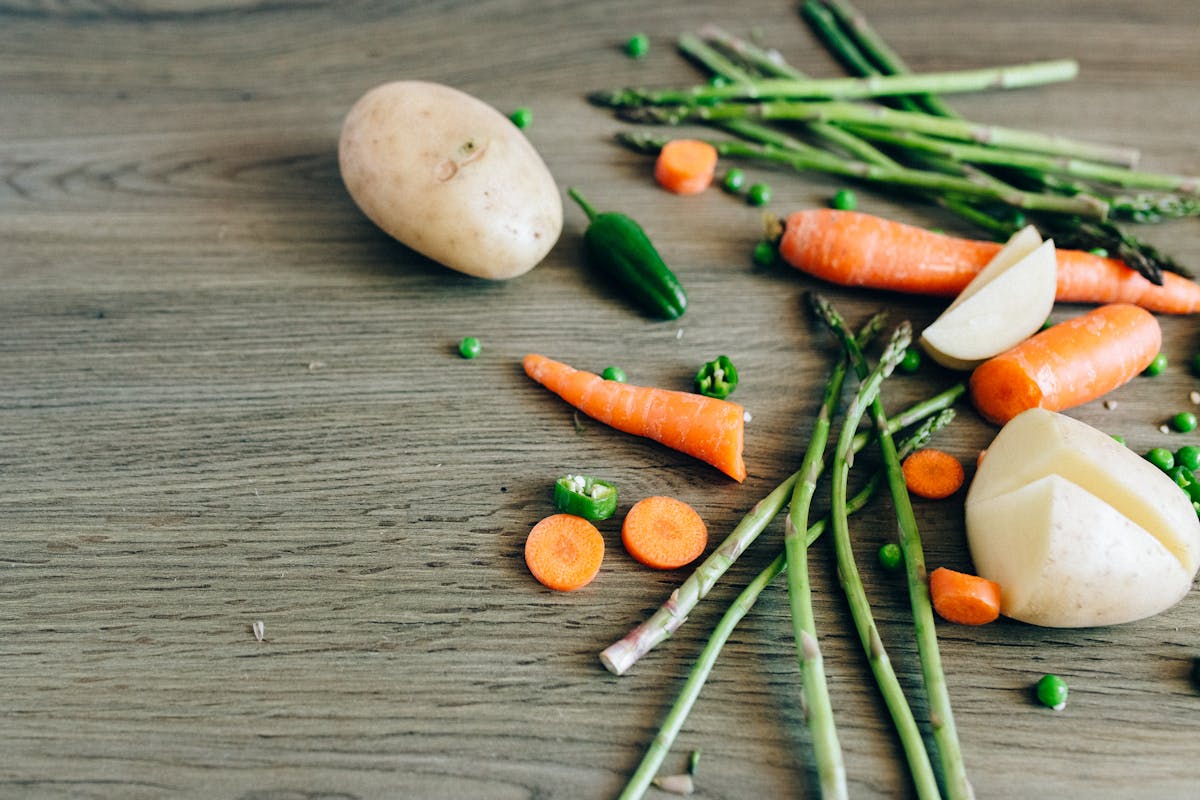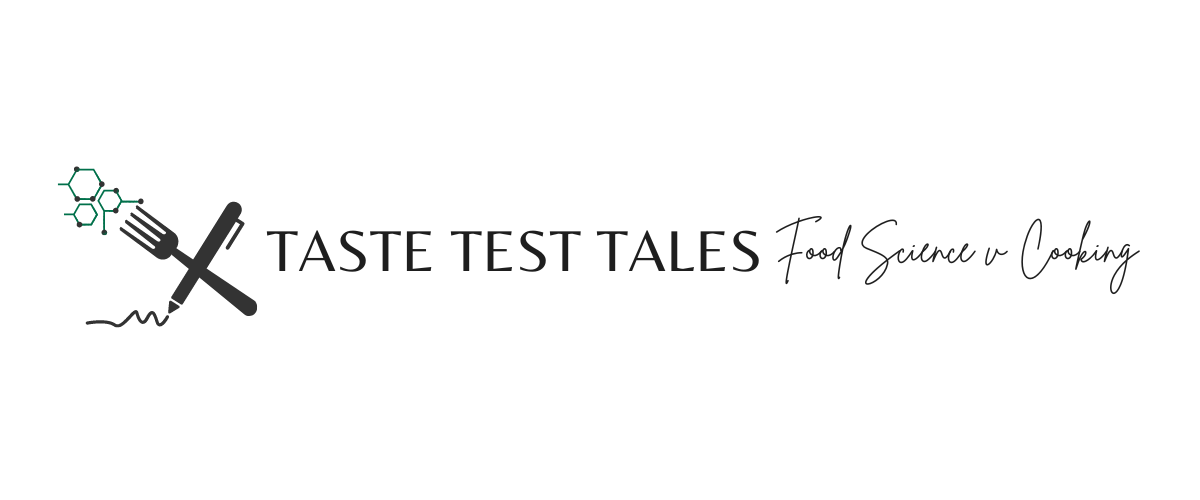
04 Sep Debunking Common Food Myths: The Science Behind What We Eat
In the world of food, myths and misconceptions abound. Whether passed down through generations or popularized by media, these myths can shape our eating habits and cooking practices. However, as a food scientist, it’s time to set the record straight. Here are some common food myths debunked:
Myth 1: “Microwaves Destroy Nutrients in Food”
Microwaves often get a bad rap, with many people believing they zap away the nutrients in our food. However, this isn’t entirely true. Nutrient loss occurs with any form of cooking, but microwaving can help preserve nutrients better than other methods like boiling. Since microwaving cooks food faster and uses less water, it minimizes the loss of water-soluble vitamins such as vitamin C and B vitamins.
Myth 2: “Eating Fat Makes You Fat”
The fear of dietary fat has led many to avoid it altogether, but this is a gross oversimplification. Not all fats are created equal. While trans fats and excessive saturated fats can contribute to health issues, healthy fats like those found in avocados, nuts, and olive oil are essential for brain function, hormone production, and overall health. In fact, these fats can help you feel fuller for longer, potentially aiding in weight management.
Myth 3: “You Need to Drink 8 Glasses of Water a Day”
The “8 glasses a day” rule has been ingrained in many of us, but it’s not a one-size-fits-all guideline. Hydration needs vary based on factors like age, gender, activity level, and climate. Additionally, foods like fruits and vegetables and beverages like tea and coffee contribute to your daily water intake. A quick rule of thumb to determine your water intake is to multiply your weight in pounds by 0.5 to get your recommended intake in ounces:
ex. Weight (lbs) x 0.5 = ounces of water/day = 140lbs x 0.5 = 70 ounces of water/day
Myth 4: “Brown Sugar is Healthier Than White Sugar”
Many people believe that brown sugar is a healthier alternative to white sugar. While brown sugar does contain trace amounts of minerals like calcium, potassium, and iron, the differences are negligible. Both types of sugar have the same calorie content and similar effects on blood sugar levels. The main difference lies in the molasses content, which gives brown sugar its color and flavor.
Myth 5: “Carrots Improve Your Vision”
The idea that carrots drastically improve your vision, especially night vision, stems from wartime propaganda rather than scientific fact. While carrots are rich in beta-carotene, which the body converts to vitamin A—a nutrient vital for eye health—eating excessive amounts won’t give you superhuman sight. A balanced diet with a variety of fruits and vegetables is key to maintaining good vision.
Myth 6: “Detox Diets Cleanse Your Body”
Detox diets claim to rid your body of toxins and kickstart weight loss, but there’s little scientific evidence to support these claims. Your liver, kidneys, and digestive system are already highly effective at eliminating toxins without the need for expensive juices or extreme fasting. In fact, some detox diets can be harmful, leading to nutrient deficiencies and other health issues.
Myth 7: “MSG is Bad for Your Health”
Monosodium glutamate (MSG) has been vilified for causing headaches and other health problems, but scientific research has largely debunked these claims. MSG is a flavor enhancer naturally present in many foods like tomatoes and cheese. Most studies have shown that MSG is safe for consumption in normal amounts, and the so-called “Chinese Restaurant Syndrome” is not supported by strong scientific evidence. Read more on MSG
By debunking these myths, we can approach food with a better understanding of what’s fact and what’s fiction. Knowledge is power—especially in the kitchen. Stay curious, keep questioning, and don’t let food myths dictate your diet or cooking habits.


No Comments